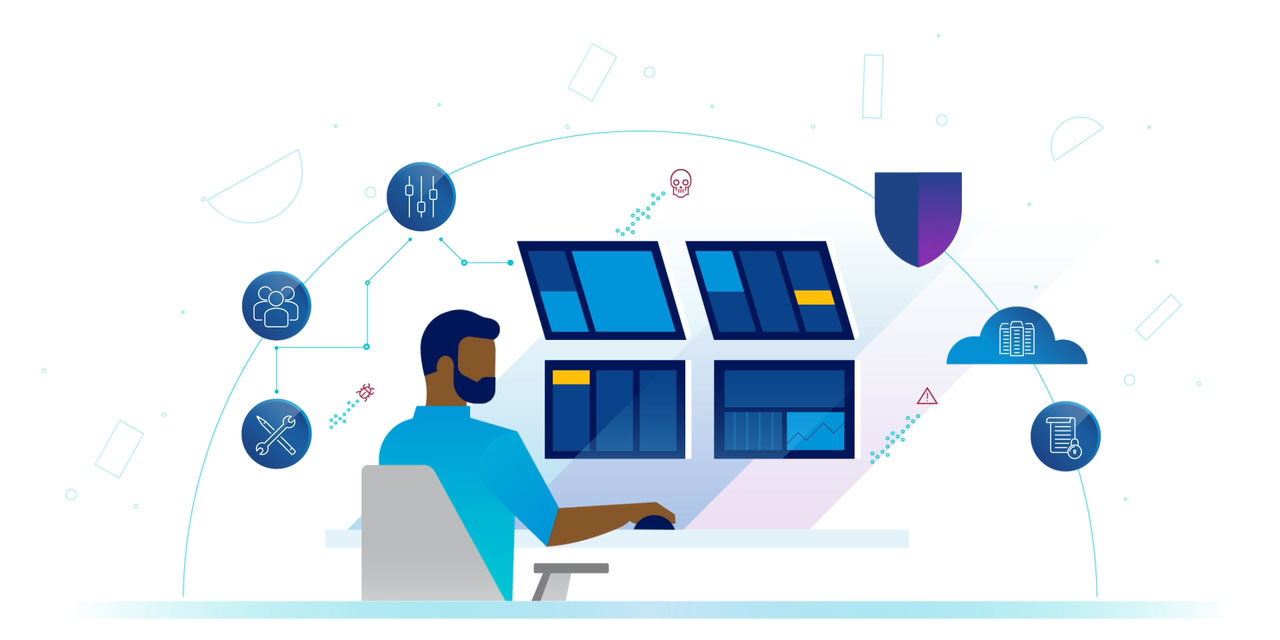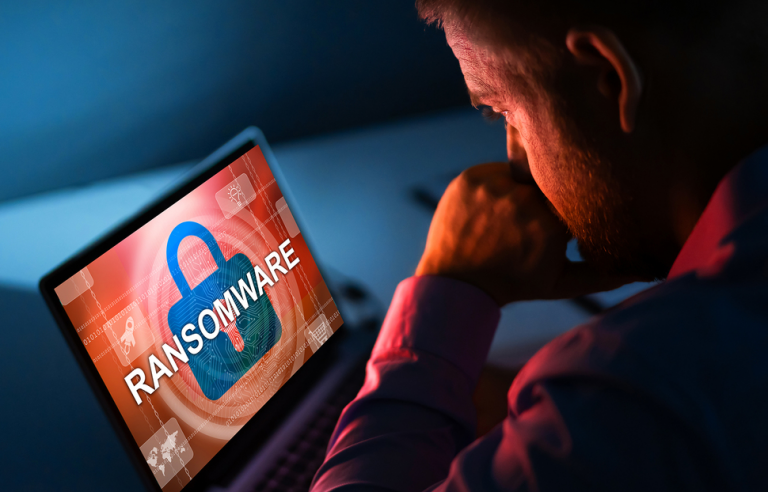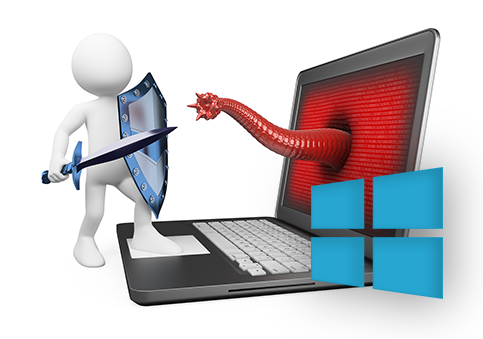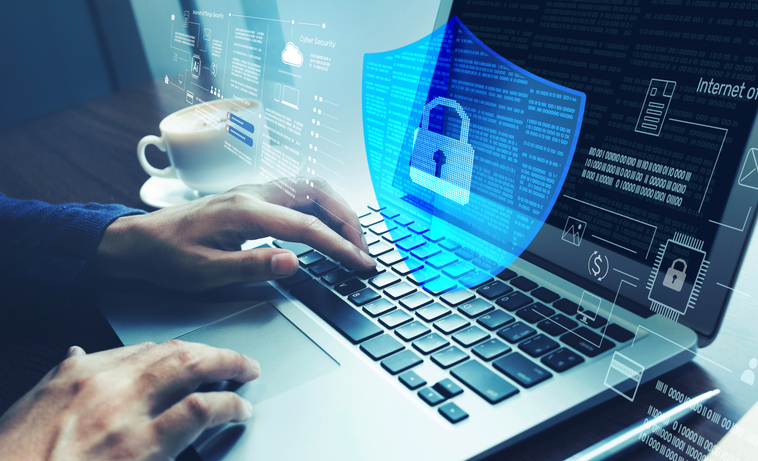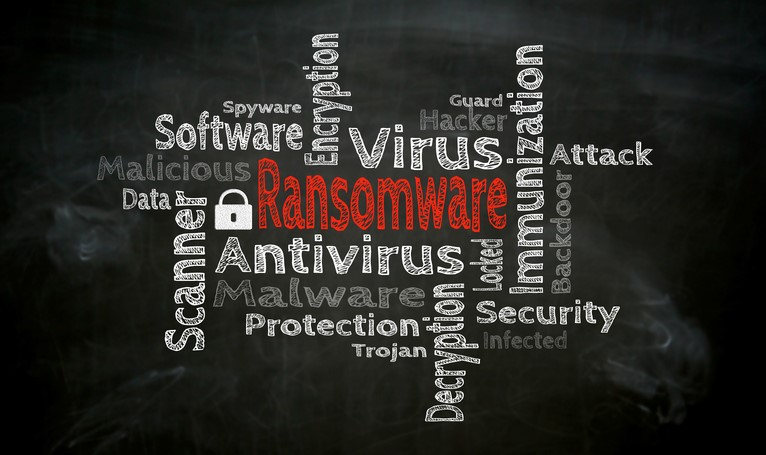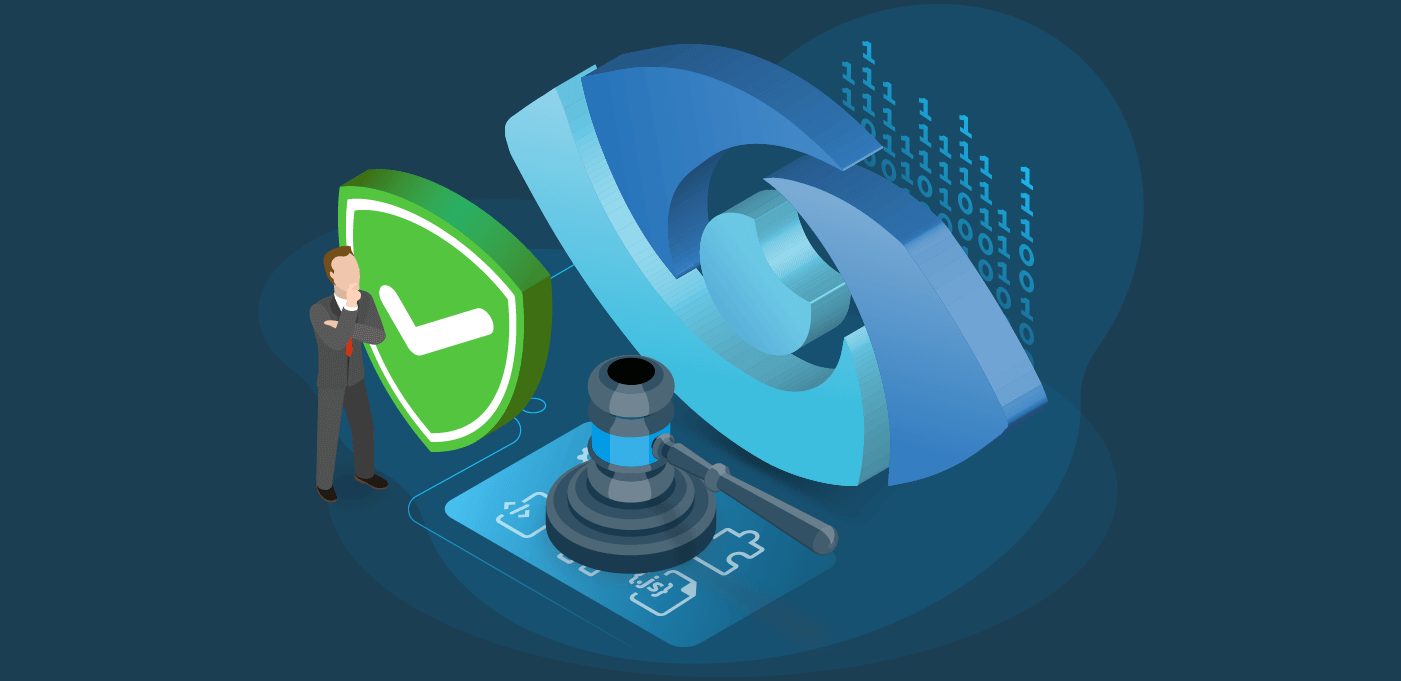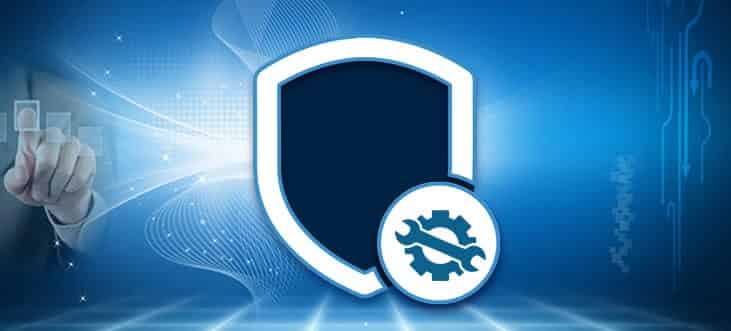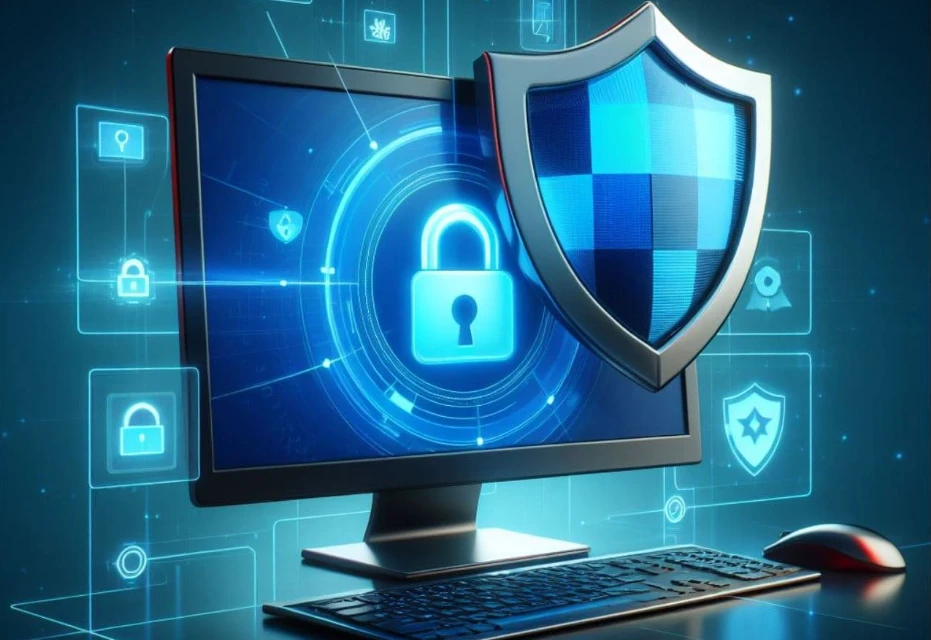Is There Good Ransomware?
Updated on October 11, 2022, by Xcitium
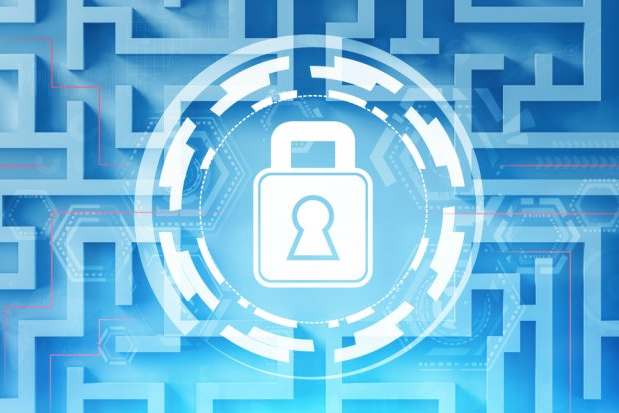
Ransomware attacks are known to cease victims’ data and may even destroy them at times. If you are able to recover your data safely, chances are you do lose money to the ransomware attacker. This also includes money to restore normalcy to your business operations after the halt. If this is all ransomware does to its victims, is there good ransomware?
Of course, no! So there is no good ransomware anywhere. Ransomware attacks are meant to wreak havoc to victims in a quest to get money fraudulently. To help you stay alert about ransomware, we’ll go on to explain more insights about ransomware malware attacks.
What Is Ransomware?
It is purely a malware program. As you probably know, computer malware is developed by cybercriminals to steal information from computer users and sometimes destroys their data. However, ransomware approaches differ. The malware’s primary aim is to cease a victim’s data and lock them out. That means if you’re attacked by ransomware, access to your computer or specific folders will be restricted, and you have to pay a ransom before you regain access. Sounds outrageous, right? Yes, it is. It’s a deliberate act by the attackers to collect money from their victims, so they cease relevant data and threaten to destroy them if the ransom isn’t paid.
Over the years, there’ve been several ransomware attacks on healthcare providers, other businesses, and even government agencies. Schools are not left out. Victims suffer huge setbacks following disruptions of activities and loss of money.
How Do The Attacks Happen?
The malware can penetrate your computer through infected email attachments, links, software, social media content, etc. Before a full-blown ransomware attack, the attackers embed the malicious codes in email attachments and other forms of digital files mentioned above.
This method of spreading is aided by phishing. So the attackers adopt a deceitful approach to have their target open the infected attachment from emails. They’d even send emails like your business partner, healthcare provider, etc. Once you click such an attachment or link, the malware penetrates your computer and launches the attack.
Most victims don’t notice any malware on their computer until the notification from the criminal informs them of their encrypted data and requesting a ransom.
Attacks can also happen through infected software, especially cracked software. Moreover, ransomware criminals may buy ad space and distribute infected content. Social media engineering is not left out. Overall, virtually all attacks are launched through phishing, so you can prevent them by spotting phishing scams of any sort.
What Other Damages Can Ransomware Attacks Cause?
Apart from ceasing data and demanding ransom, ransomware attacks come with other negative influence. Let’s take a look at some of the damages:
Declined Reputation
If you’re a business that hosts users’ data, you may lose trust for compromising. Your clients may want to look elsewhere where their data can be protected. On the other hand, if you’re a vendor and your products got infected, resulting in passing them to your customers, you may also lose trust.
Permanent Loss Of Data
Even though most victims recover their data after paying the ransom, other records say some victims couldn’t recover after paying the ransom. So paying the ransom is not a 100% guarantee of recovering your data. You may still lose them.
Loss Of Money
Of course, one of the primary effects of ransomware attacks. Aside from the money for ransom, victims incur other unplanned expenses recovering their systems. They have to clean their systems and get rid of any hidden malware which may cost a lot of money.
More so, the crippling of activities during the attack can lead to losing business deals.
What Is The Way Out?
You have to prevent ransomware attacks. That’s what you need to curtail ransomware’s excesses. Preventing ransomware involves deploying the best methods of cybersecurity.
As you have read, avoid suspicious emails asking you to open attachments. Also, do not download cracked software and be careful of random pop-ups on web pages asking you to update an application on your computer.
Other than the above, you need:
Security Systems
Traditional security systems like antiviruses can help detect and block malware. However, to ensure no malware bypasses antiviruses/anti-malware to attack your computer, you should invest in advanced security systems.
Advanced security systems like Xcitium’s Advanced Endpoint Protection (AEP) use advanced technologies like IoT, AI, etc., to monitor and stop sophisticated malware attacks like ransomware.
Wrap Up
Ransomware attacks are on the increase, and the best thing you need to do is Prevent the attacks. There’s no good ransomware, and you sure don’t want to have such unpleasant experiences.
Cybersecurity can help you—the tips above. Also, back up your data for a possible recovery in case the unexpected happens.

